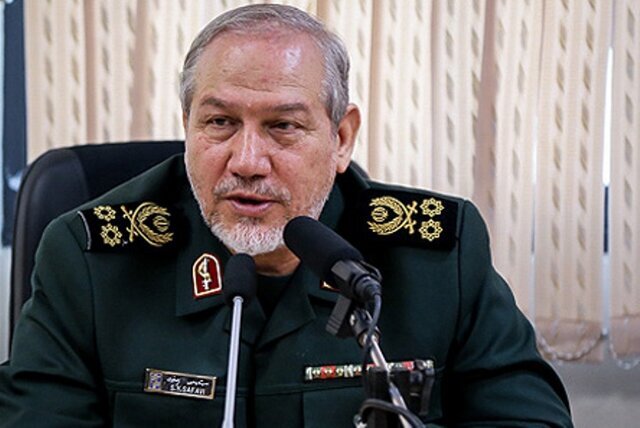Leader’s advisor offers nuclear collaboration to Iraq

TEHRAN - A top military adviser to Leader of the Islamic Revolution Ayatollah Seyyed Ali Khamenei has suggested that Iraq can tap into Iran's extensive 50-year experience in atomic energy.
Speaking at a ceremony where an honorary doctorate was awarded to Naeem Al-Aboudi, the Iraqi Minister of Higher Education and Scientific Research at Imam Hussein University, Major General Yahya Rahim Safavi emphasized the potential for collaboration between the two nations in the field of nuclear energy.
"I am pleased with the steps you are taking towards nuclear energy knowledge development and I suggest that you benefit from Iran's 50-year experience in atomic energy and our students," General Safavi stated, highlighting the valuable expertise that Iran could provide to Iraq in this critical area.
Furthermore, General Safavi underscored the importance of strengthening scientific and research ties between Iraq and Iran, noting that the presence of the Iraqi Minister of Science in Iran presented a significant opportunity for mutual advancement. He highlighted the shared destiny of the two nations, describing them as complementary in geopolitics, geostrategy, geoeconomics, and geoculture.
General Safavi also commended Iraq's efforts in promoting education and collaboration with Iranian universities. "Currently, more than 80,000 Iraqi students are studying at Iranian universities," he revealed, emphasizing the positive impact of such educational exchanges on both countries.
Moreover, the advisor to Iran’s Leader praised Iraq's potential as a center of scientific talent in the Arab world and encouraged the country to leverage its resources for progress and prosperity. He emphasized the strategic partnership between Iran and Iraq in supporting initiatives such as the 'Resistance Studies' program at Iraqi universities and aiding the people of Gaza.
In conclusion, the military official reiterated Iran's willingness to share its knowledge and experiences in various fields with Iraq, including humanities, technology, economics, and defense.
